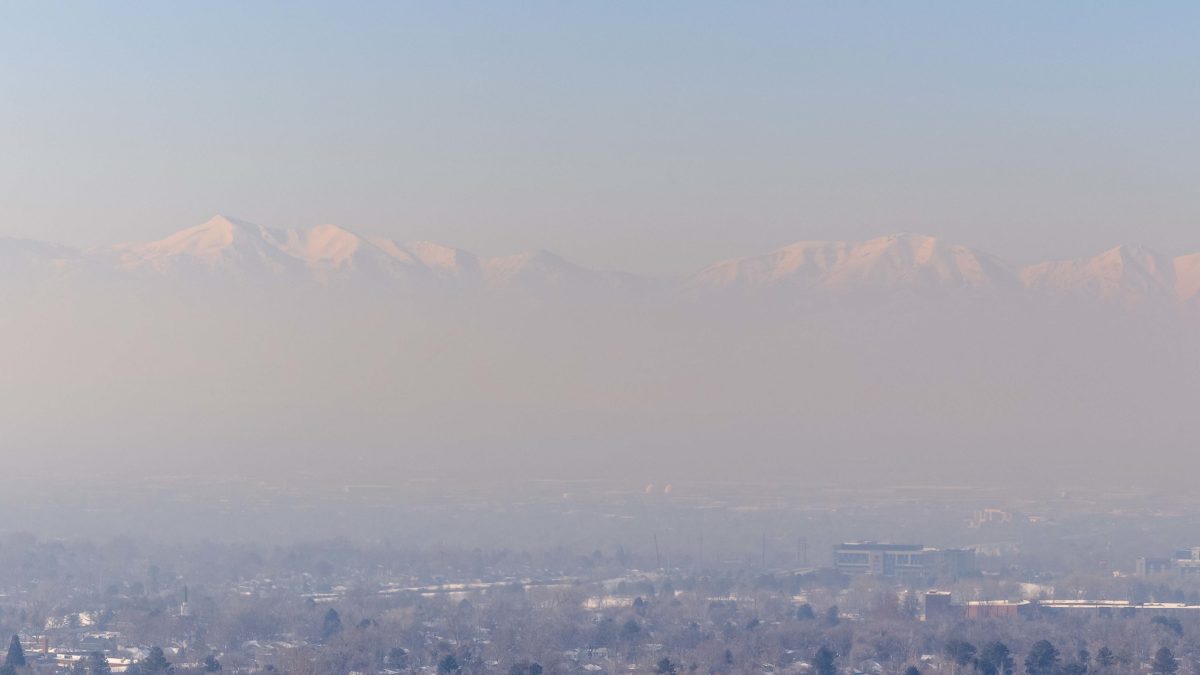News
Intermountain Health study links Utah’s seasonal air pollution to increased risks for heart disease patients

View from the foothills of Salt Lake City toward the western mountains showing the haze from inversion. Photo: TownLift | Kevin Cody.
PARK CITY, Utah – A recent Intermountain Health study demonstrates that seasonal air pollution significantly impacts heart failure patients, revealing distinct inflammatory responses during high-pollution periods.
Researchers found that specific inflammatory markers—CCL27 and IL-18—rise substantially in heart failure patients during winter inversions and wildfire smoke events, but not in individuals without heart disease.
Dr. Benjamin Horne, the study’s principal investigator, emphasized that heart failure patients are less capable of adapting to environmental changes. “These biomarkers rose in response to air pollution in people who already had heart disease, but not in patients who were heart disease-free,” he explained.
Conducted in collaboration with Stanford University and Harvard School of Public Health, the study analyzed blood samples from 44 heart failure patients and 35 healthy individuals. Researchers compared blood tests during low-pollution days (PM2.5 levels below 7 μg/m3) and high-pollution days (PM2.5 levels exceeding 20 μg/m3).
Dr. Horne urged caution for heart disease patients during poor air quality, recommending indoor exercise, medication adherence, and avoiding high-traffic areas.



















